Genetics
-
 Environment
EnvironmentImmunity: Environment can have big impact
A study on twins suggests that environmental factors can shape a person's immune system more than genes do.
-
 Environment
EnvironmentAir pollution can mess with our DNA
New research suggests a type of air pollution — diesel fumes — can affect your health. It inappropriately switches some genes on, while turning off others.
-
 Health & Medicine
Health & MedicineA whale of a lifespan
Bowhead whales can live more than 200 years. The secret to such longevity may lie in the Arctic species’ genes. Scientists recently mapped the whale’s genetic code. They found features that protect the marine mammal against cancer and other problems related to old age.
-
 Animals
AnimalsBird DNA leads to strange family tree
Field guides often group birds together by similarities in appearance or behavior. But a new study, based on DNA, confirms earlier suspicions that such groupings are only skin-deep.
-
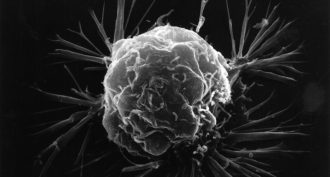 Life
LifeCell gangs may help cancer spread
A new study on mice suggests that when cancer cells strike out from a primary (first) tumor in groups, they have an especially good chance of creating new tumors elsewhere.
-
 Agriculture
AgricultureExplainer: What is a gene bank?
Most banks store money. But some very special ones store deposits that may prove even more valuable: tissues that could prevent the extinction of breeds and species.
-
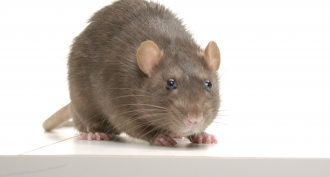 Genetics
GeneticsWhy animals often ‘stand in’ for people
Rats, birds, fish — even flies and worms — can stand in for people in laboratory testing. This allows scientists to safely evaluate harmful chemicals as well as to identify and test potential new drugs. But such tests will never be a foolproof gauge of effects in people.
-
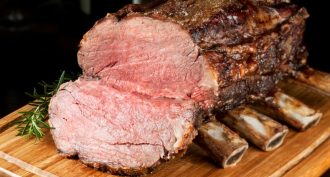 Microbes
MicrobesHow ‘bugs’ in our bellies impact our health
Gut bacteria can play a powerful role in human health, new studies show. In one, bacteria turned a nutrient in red meat into a chemical that boosts the risk of a heart attack. Another study shows that our genes play a role in whether we are fat or thin, probably by affecting which bacteria prefer to live in our intestines.
-
 Health & Medicine
Health & MedicineCan soft drinks speed aging?
A new study suggests a reason why daily sugary-soda drinkers are more prone to disease: Guzzling these drinks shortens the protective caps on chromosomes. If the caps get too short, cells die.
-
 Brain
BrainIQ is in the genes
Previous research that suggested parenting affects a child’s IQ is flawed, researchers now conclude.
-
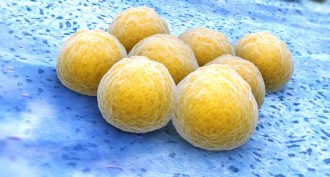 Microbes
MicrobesGerms help each other fend off antibiotics
Drug-resistant bacteria can cause persistent infections. A new study finds these germs fight drugs in different ways. And they can swap various compounds, increasing their neighbors’ chances of overcoming the drugs meant to kill them.
-
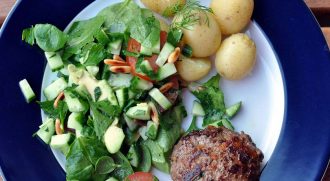 Health & Medicine
Health & MedicineStarchy foods may cut meaty risks
Eating red meat can increase the risk of certain types of cancer. But scientists have discovered that eating potatoes and other foods containing 'resistant' starch can help limit those risks.